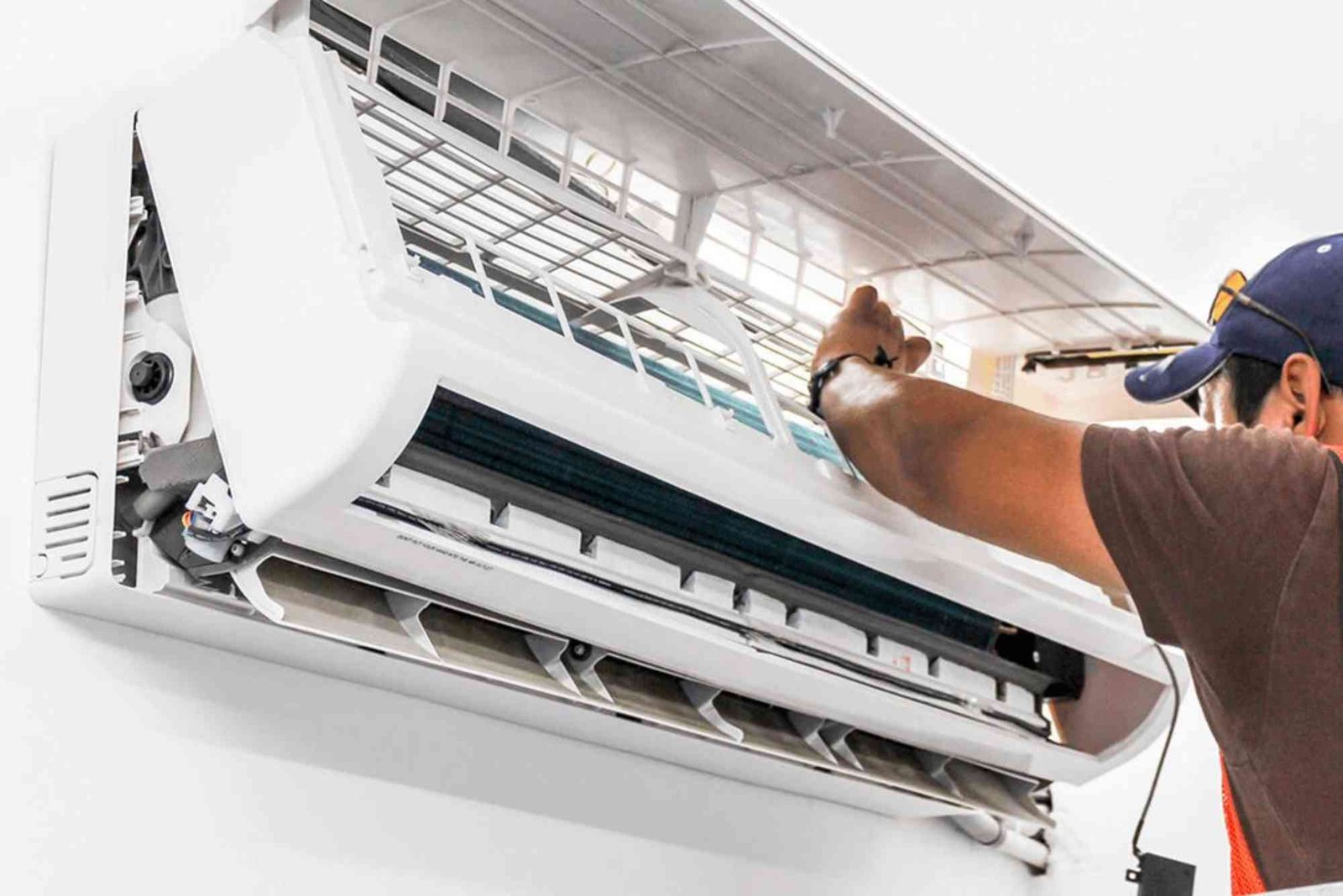When you decide to file an appeal, one of the first questions that naturally arises is: “What are my chances of winning?” While it’s an important and valid question, the answer is not simple. Success in an appeal depends on numerous factors, including the strength of your legal arguments, the presence of procedural errors in the trial, and how effectively your case is presented before the appellate court.
This comprehensive FAQ explains how appellate courts make decisions, what influences the likelihood of winning, common reasons appeals succeed or fail, and how Dubai Lawyers can strengthen your chances of achieving a favorable outcome.
Understanding What an Appeal Really Means
An appeal is not a second trial—it is a legal process where a higher court reviews the decision of a lower court to ensure that justice was served in accordance with the law. The appellate court examines whether the judge applied the law correctly, whether the defendant’s rights were respected, and whether any procedural errors occurred that affected the outcome of the case.
Unlike at a trial, you cannot simply re-argue the facts or introduce new evidence (except in very limited circumstances). Instead, the focus is on identifying and proving legal errors that justify changing or overturning the original judgment.
Because of this, the chances of winning an appeal depend largely on the quality of legal reasoning and how effectively the errors are presented to the court.
Typical Success Rates in Appeals
Success rates in appeals vary across different jurisdictions and types of cases. Globally, the percentage of successful appeals tends to be modest—often between 10% and 30%, depending on the case type and court system.
For example:
Criminal Appeals: Tend to succeed when the trial involved serious procedural errors or insufficient evidence.
Civil Appeals: Often depend on how the law was interpreted and applied by the lower court.
Family and Commercial Appeals: Success rates vary but depend heavily on legal technicalities rather than emotional factors.
While the numbers might seem low, remember that every appeal is unique. Cases that are meticulously prepared and supported by strong legal reasoning stand a far better chance of success.
Factors That Influence the Chances of Winning an Appeal
Several elements can affect whether your appeal succeeds or fails. Let’s explore the most significant ones.
The Strength of Legal Grounds
The foundation of any successful appeal lies in having solid legal grounds. You must demonstrate that the trial court made a significant legal or procedural error that affected the outcome of the case.
Examples include:
- Misapplication of the law.
- Improper admission or exclusion of evidence.
- Violation of the defendant’s rights.
- A verdict unsupported by the evidence presented.
- Appeals based on vague dissatisfaction with the judgment rarely succeed. The appellate judges need clear, specific reasons to intervene.
The Quality of Legal Representation
Appeals are complex, technical, and require specialized expertise. A skilled appellate lawyer knows how to identify errors in the trial record, research relevant case law, and write persuasive legal briefs.
Appellate advocacy is very different from trial advocacy—it relies on written argumentation and deep legal analysis rather than witness testimony or courtroom theatrics. Having experienced Dubai Lawyers who specialize in appeals can greatly increase your chances of success by ensuring that your case is presented with precision and legal accuracy.
The Nature of the Error
Not all mistakes in a trial are sufficient to overturn a decision. Courts distinguish between harmless errors and substantial errors:
- Harmless Error: A minor mistake that did not affect the overall outcome.
- Substantial Error: A serious legal or procedural flaw that likely impacted the verdict or sentence.
- Your appeal will only succeed if the error in question is significant enough to have influenced the trial’s result.
- The Type of Case
- Certain types of appeals have inherently better chances of success because of how the law treats them. For example:
- Sentencing Appeals: Often have a higher success rate, as appellate courts may reduce sentences if they are deemed excessive.
- Procedural Appeals: Have a good chance if the lower court violated due process.
- Fact-based Appeals:Typically harder to win, since appellate courts rarely re-evaluate factual findings unless there’s clear evidence of error.
The Quality of the Trial Record
The trial record—the official documentation of everything that happened during the trial—is the foundation of your appeal. If the record is incomplete or unclear, it becomes harder to prove errors. That’s why accurate record-keeping and thorough preparation during the initial trial can indirectly affect the success of an appeal.
Judicial Discretion
Judges in appellate courts have a degree of discretion in interpreting the law. Two appellate judges might view the same issue differently. Therefore, the clarity of your legal arguments and how persuasively they are presented can make a major difference.
Timing and Procedural Compliance
Appeals must be filed within strict deadlines and follow precise procedural rules. Missing a filing date or submitting incomplete documentation can result in immediate dismissal—no matter how strong your arguments are. Competent legal professionals ensure these technical aspects are handled perfectly, preserving your right to a fair review.
Common Reasons Why Appeals Succeed
Appeals can be won for various reasons, including:
- Misinterpretation of the Law: If the trial judge misunderstood or misapplied the relevant legal principles.
- Procedural Errors: When the trial process violated legal or constitutional rights.
- Evidentiary Errors: If evidence was wrongly admitted or excluded.
- Ineffective Counsel: When the defense lawyer’s performance was so poor that it affected the fairness of the trial.
- Sentencing Errors: If the punishment was disproportionately harsh or not supported by the law.
- In these scenarios, the appellate court may overturn the conviction, order a new trial, or modify the sentence.
Common Reasons Why Appeals Fail
- Conversely, many appeals fail due to:
- Weak or non-existent legal grounds.
- Re-arguing facts rather than legal errors.
- Procedural mistakes during filing.
- Poorly drafted or unclear legal briefs.
- Reliance on emotional arguments rather than solid legal reasoning.
- Understanding these pitfalls—and avoiding them through expert guidance—is key to improving your odds of success.
How Appellate Courts Review Cases?
Appellate courts focus on questions of law, not questions of fact. This means they review how the law was applied rather than deciding whether the facts were true.
The appellate process generally includes:
- Reviewing Written Briefs: Both sides submit detailed legal arguments.
- Oral Arguments (If Required): Lawyers may appear before the court to clarify key points.
- Judicial Deliberation: The judges privately review the case and make a decision.
- Issuance of Judgment: A written decision is released, which could affirm, reverse, or modify the lower court’s ruling.
- The decision-making process is careful and methodical, which is why appeals often take several months to resolve.
Realistic Expectations: Understanding Success Probabilities
It’s essential to maintain realistic expectations. Appeals are not designed to offer a “second chance” at the same case—they exist to correct significant errors in the justice process.
Therefore, even if your trial seemed unfair, success on appeal depends entirely on whether those unfair aspects can be legally proven as reversible errors.
Statistically, while only a fraction of appeals succeed outright, a considerable number result in partial victories—such as reduced sentences, retrials, or modified judgments. So even if a complete reversal is unlikely, meaningful improvements can still be achieved.
Practical Steps to Improve Your Chances of Winning an Appeal
To enhance your likelihood of success, consider the following strategic steps:
Hire Specialized Appellate Lawyers: Not all trial lawyers are equipped for appeals. Seek attorneys who specialize in appellate advocacy.
File Promptly: Ensure your notice of appeal and supporting documents are filed on time.
Focus on Legal Errors, Not Emotions: Stick to solid legal grounds that demonstrate actual judicial mistakes.
Develop Strong Written Arguments: Written briefs are the foundation of most appeals. They must be logical, concise, and persuasive.
Be Patient and Realistic: Appeals take time. Avoid rushing the process—quality and accuracy matter more than speed.
The Role of Dubai Lawyers in Maximizing Appeal Success
In the UAE, navigating the appeals system requires an in-depth understanding of local procedures, Arabic legal terminology, and court expectations. Experienced Dubai Lawyers can provide critical assistance in preparing and presenting appeals effectively. Their services typically include:
- Reviewing the original trial record for legal errors.
- Advising on the strength and viability of an appeal.
- Drafting clear and persuasive legal briefs.
- Ensuring all procedural steps are completed correctly.
- Representing clients in the Court of Appeal and the Court of Cassation.
Their familiarity with UAE laws, combined with strategic insight, can significantly improve your prospects of obtaining a favorable appellate judgment.
What Happens If the Appeal Fails?
Even if your appeal is unsuccessful, it doesn’t always mean the end of the road. Depending on your case, you may still have the option to:
- File a further appeal to a higher court.
- Apply for a review or reconsideration if new evidence surfaces.
- Petition for clemency or a pardon in exceptional circumstances.
- Your legal team can guide you through these alternative routes if necessary.
Emotional Preparation: The Psychological Aspect of Appeals
Appeals can be emotionally draining due to their lengthy timelines and uncertain outcomes. It’s important to stay patient, maintain realistic expectations, and keep communication open with your legal counsel. Understanding that success depends on law and logic—not emotion—will help you remain focused throughout the process.
Conclusion
Winning an appeal depends on multiple interrelated factors: the strength of your legal arguments, the clarity of the trial record, procedural accuracy, and the skill of your legal team. While not every appeal results in a complete reversal, many lead to significant improvements—such as reduced sentences or retrials.
With persistence, preparation, and expert legal assistance, your chances of success increase substantially. By working closely with knowledgeable Dubai Lawyers, you can ensure that your appeal is handled professionally, your rights are protected, and your case receives the fair consideration it deserves.
NOTE:




